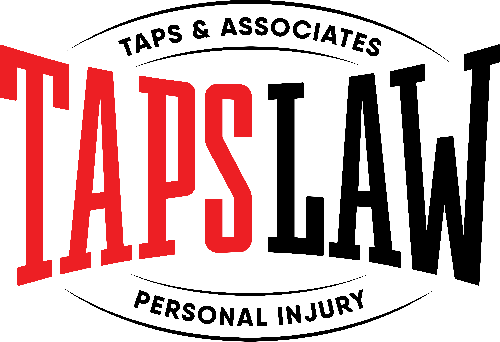Related Content
When Do I Need a Personal Injury Attorney?

What Happens if Someone Uninsured Hits Me?
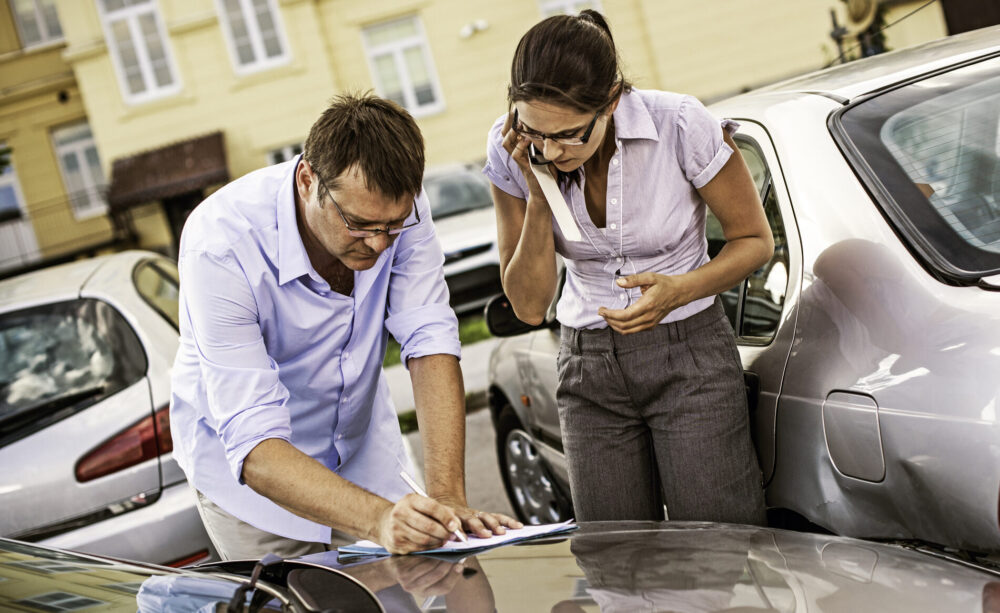
How to Document Injuries from a Wreck
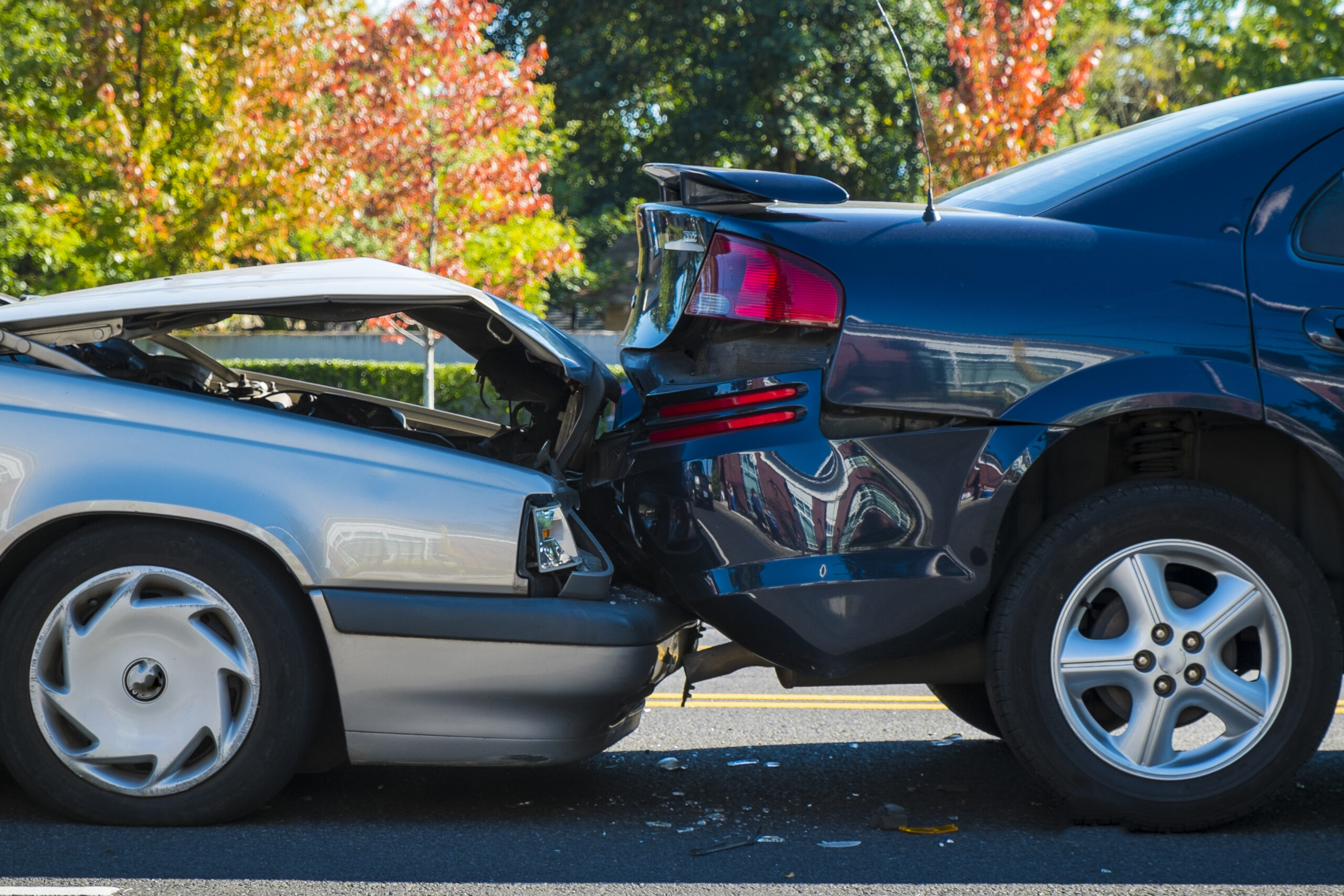
Can You Be Liable for Someone Else Driving Your Car?
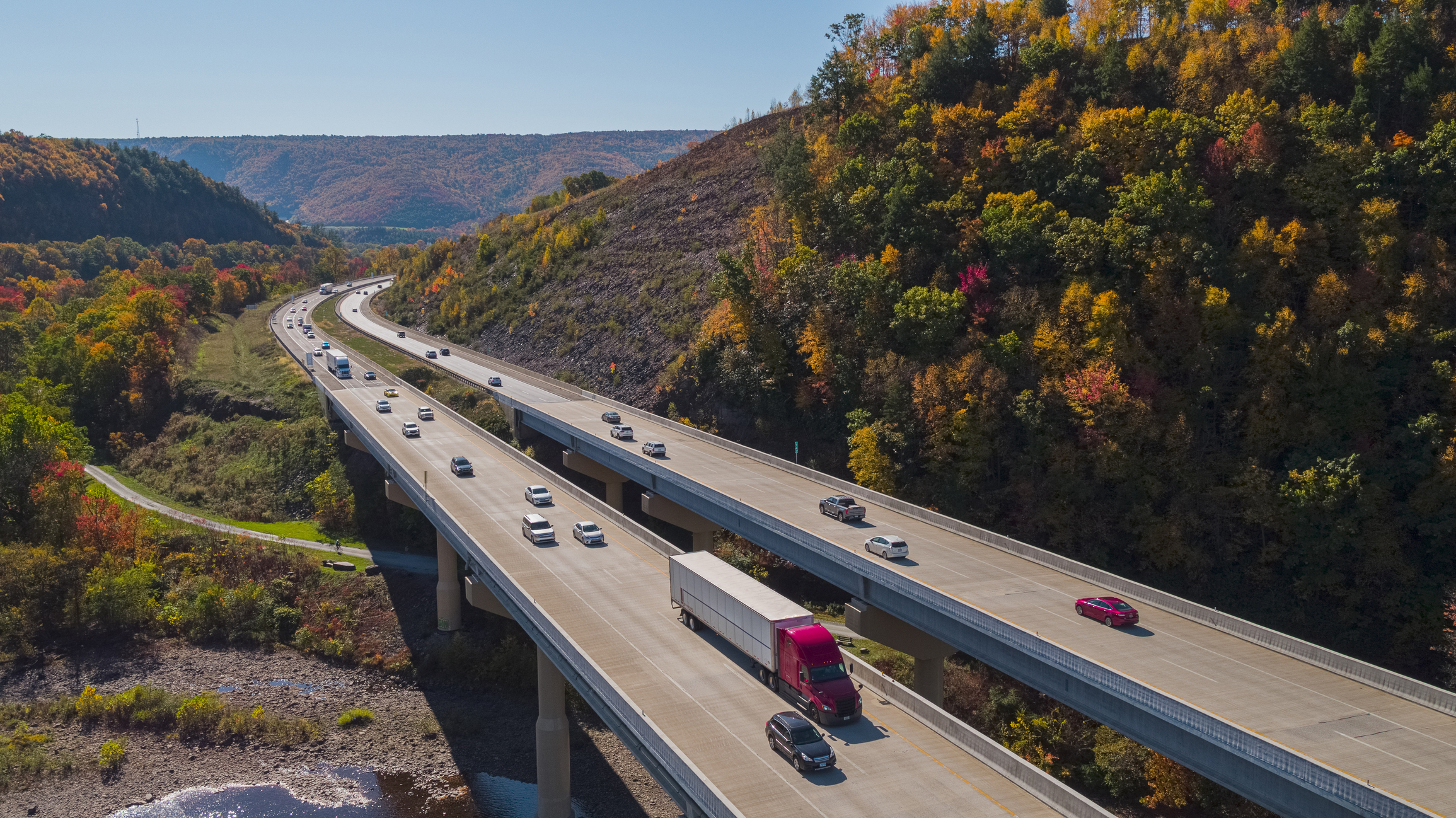
What to Do After an Accident?
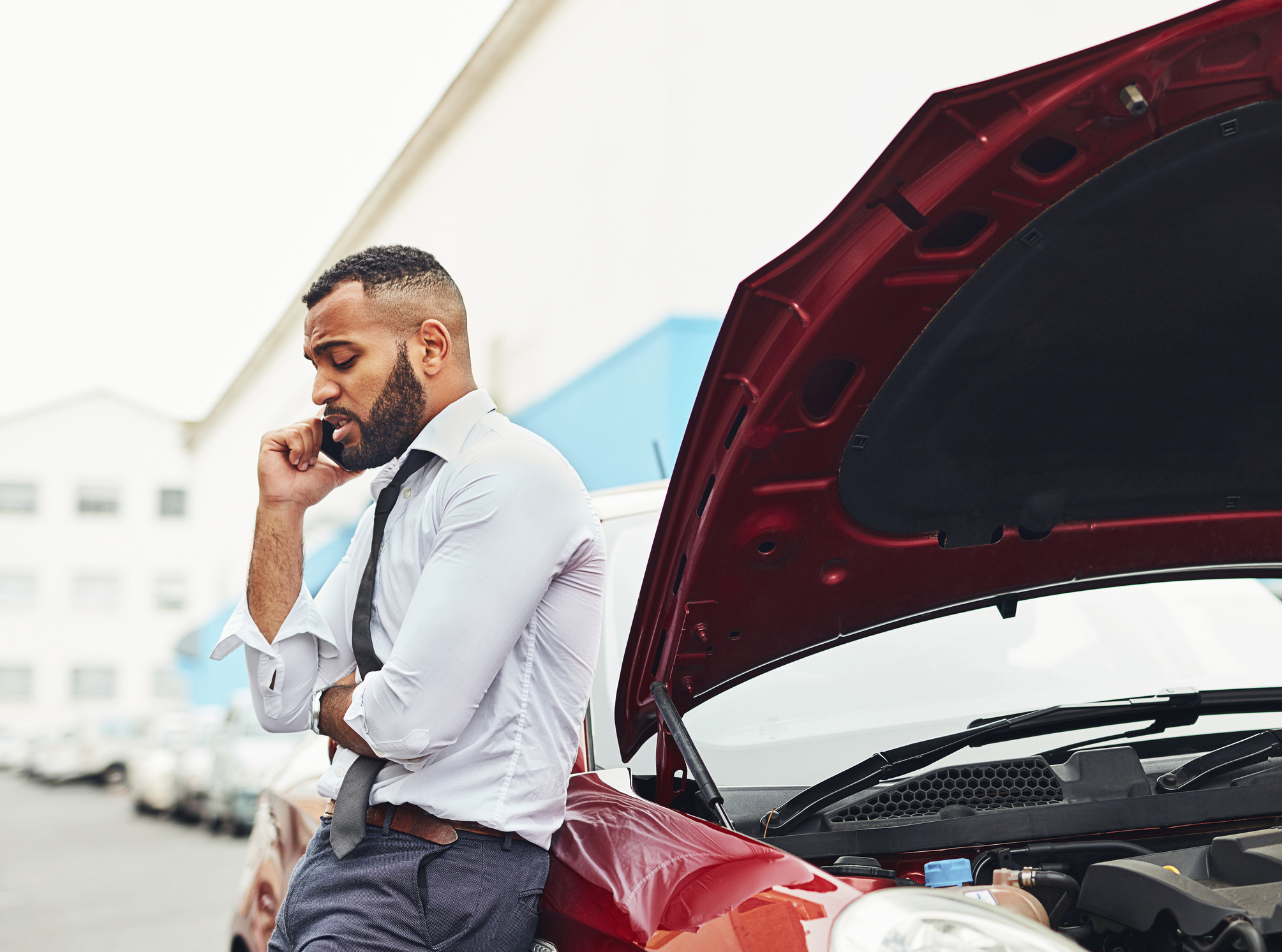
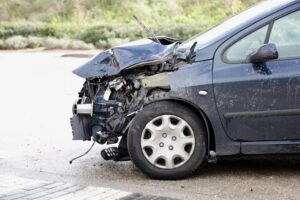
If you’ve been in an accident, and your car has suffered substantial damage, it’s likely to be considered “totaled” by the insurance company. What does that mean? Insurance companies determine that a car is totaled if the cost to repair the vehicle plus its salvage value is equal to more than the vehicle’s actual cash value. Still confused? Wondering what that means for you? We’ve got answers.
- First, let’s look at how the insurance company determines the value of your car. Insurance companies have proprietary software that calculates the actual value of vehicles. Several factors are used in this calculation, including the vehicle’s age, condition, mileage, and resale value, as well as the price that other, similar vehicles are selling for in your area.
- What happens once your car has been deemed a total loss? If you have collision and comprehensive insurance, they’ll help pay to replace your car. If you’ve opted not to purchase that coverage and your vehicle is totaled, you’ll have to pay for it out of your own pocket. When you’re in an accident, call your insurance company and initiate a claim. The insurer will determine whether your vehicle is a total loss and, depending on your coverage, issue payment for the actual cash value of the totaled vehicle, minus your deductible.
- If you don’t have comprehensive or collision insurance, you may still have an opportunity for reimbursement. If the accident was the other driver’s fault, your insurance company may seek repayment from the at-fault driver’s insurance to cover your loss. This repayment may even cover your deductible.
- Will you still have to pay your car loan? Any money you still owe on a totaled car will have to be paid. This can be a problem if you owe more on your car than it’s worth. In some cases, you’ll still owe money on the car even after paying the entire insurance payment. Remember, the insurance company doesn’t pay for a new car, it just pays to replace the loss of your old car. If your old car isn’t worth much, the insurance check won’t be much either.
- Gap insurance can help. In addition to comprehensive and collision insurance, it’s smart to get gap (guaranteed auto protection) insurance if you’re still paying for your car. Gap insurance pays off your old car, so that you can use your insurance money towards a new one. Sometimes, gap insurance covers your deductible as well.
If you need help dealing with the insurance company in the wake of an automobile accident, you need an attorney you can trust. At Taps and Associates, we provide personal attention to every case we handle, giving professional advice based on extensive experience. We believe that the biggest reward for us as attorneys is helping our clients and protecting them from those who would take advantage of them. To schedule a free consultation, contact us through our website, or call 404-492-8746.
